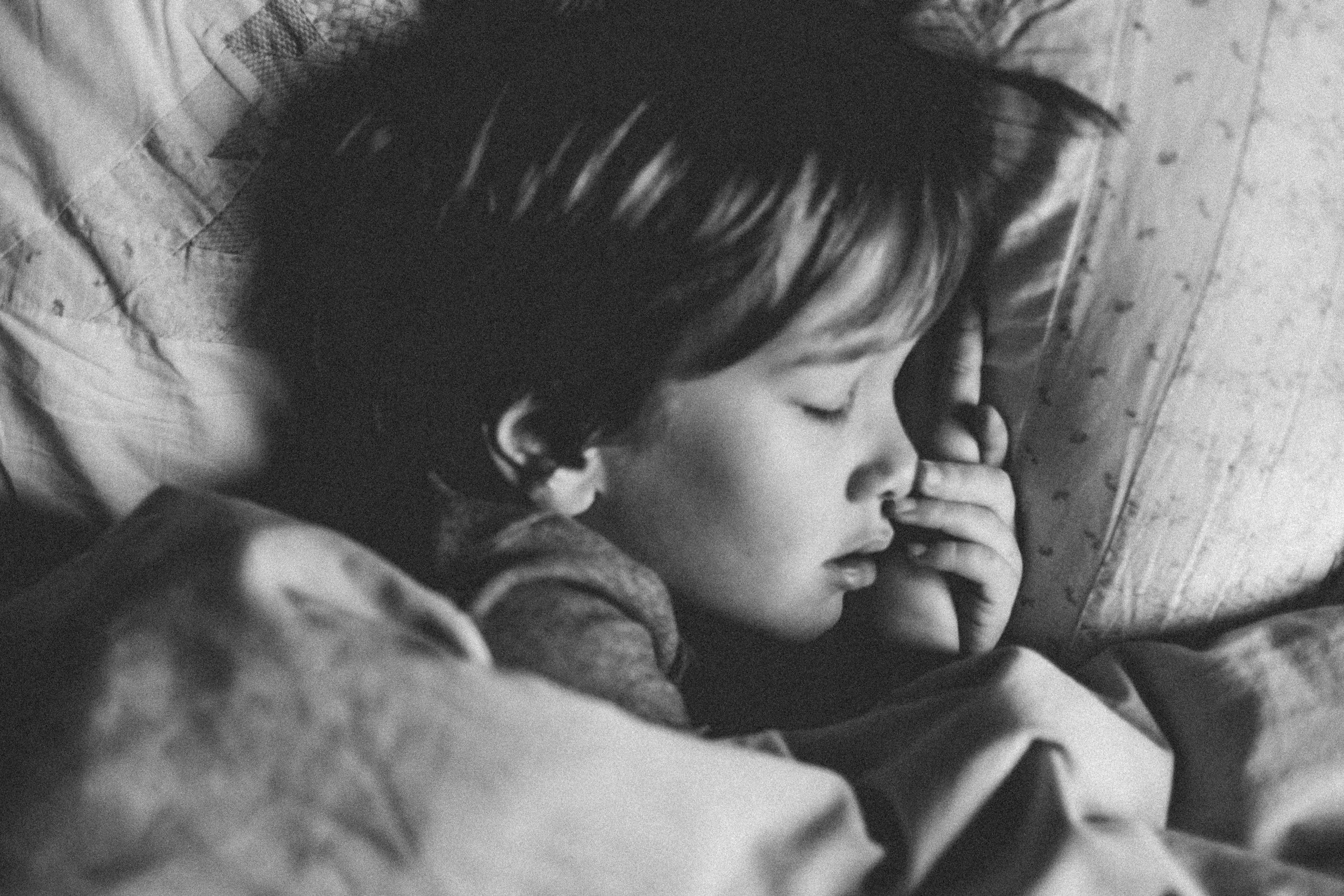
Help is available
As a parent, bed wetting can be a high level of stress for you, your child and your entire family. This is the solution made just for you.
How does Professional Counsel’s program to “End Bedwetting Now” work?
The treatment program and procedures we implement with you are done in your home and are directed toward 4 primary objectives that lead to wholeness and a successful correction of your child’s enuresis.
1st Objective
Lightening the child’s sleep pattern.
Increasing awareness of signals from a full bladder.
2nd Objective
3rd Objective
Increasing the bladder elasticity and capacity.
Strengthen the outer sphincter muscle to withhold urine.
4th Objective
Professional Counsel’s program is not “hit or miss” or “trial and error,” but a professionally developed procedure with proven results. We take pride in the fact that we use no drugs, nasal inhalers or anti diuretic hormones. Our success rate in bringing children a complete correction from this problem of bedwetting is nearly 100%. We have, many agree, the finest Dr. recommended program for ending bedwetting NOW and restoring your child’s esteem and happiness which this problem so often erodes.
Schedule your complimentary discovery call with Mr. Moss and see how this successful program might just be an “answer to prayer” for you and your child.
FREQUENTLY ASKED QUESTIONS
-
Although it may seem uncommon, an estimated 5-7 million children in the United States between the ages of 4 & 18 have a bedwetting issue. For many families, bedwetting is a part of growing up that presents itself as a problem after a child learns to toilet themselves during the day. It only seems uncommon because families seldom discuss the issue outside the immediate family members. In reality, it is more prevalent than most imagine.
-
Bedwetting is about twice as common among boys as it is with girls. This difference is consistent at every age level. Experts have no agreed-upon reason for this difference. Whether male or female, children don't know why they wet the bed; they just know they can't help it and want it to stop.
-
If a child is wetting the bed at four years of age, there is a 75% chance that the bedwetting will continue a year from now. If a child is wetting at six years of age, there is a 66% chance that they will still be bedwetting two years from now, 54% that they will be bedwetting three years from now, and 37% that the bedwetting will continue five years from now. There is a 16% chance that a child wetting their bed at age 6 will still be wetting it at sixteen. While it is true that some children may someday "outgrow" the bedwetting, there is no way to determine when or whether any particular child will.
-
A common belief is that emotional problems and nervousness cause bedwetting. Thus, therapy is occasionally resorted to by some parents to resolve existing emotional problems in the hope that the bedwetting will stop. The therapy usually extends over several months, and families usually discover that the bedwetting is the contributing cause of the emotional problems, not the other way around.
At "Professional Counsel," we correct our clients' bedwetting in a manner that often results in more than a physical dry bed. We gear the child's involvement in the phases and processes of the program to have them beat and overcome their problem (with the help of their parents) from the inside out, most often resulting in the added blessing of emotional healing in addition to a dry bed.
-
Over the years, several different drugs have been used in an attempt to treat children for bedwetting. Most fall in the category of antidepressants or antidiuretic hormones. Imipramine and the DDAVP inhaler have become popular in an effort to control bedwetting. The evidence suggests that in the very short term, these drugs may produce some benefit in certain instances. The child takes the drug each day, which reduces bedwetting for about half the children who take it, but only for as long as the drug is taken. However, these drugs have severe undesirable side effects, especially when continued over several years. We at PCCE do not use any of these drugs or any drug, nasal inhaler, or antidiuretic hormone. We gear our work to achieve a total cessation of all bedwetting without surgical procedures or medications. To ensure proper correction, we require that any candidate for our corrective program be free of such substances before we begin.
-
Medical examinations of bedwetters show that only 1 or 2 percent of children who wet their bed have medical problems that could account for bedwetting. Under most circumstances, nocturnal enuresis (bedwetting) is a symptom rather than a physiological dysfunction. This misunderstanding contributes to a delay in correcting the bedwetting problem because of confusion over the causal factor of bedwetting.
-
The most current research studies identify an abnormally deep sleep pattern as the root cause of nocturnal enuresis (bedwetting). Incorrect deep sleep is the primary cause of childhood and adolescent bedwetting. While your child does not inherit the bedwetting per se, they can inherit the deep sleep associated with it.
While not all bedwetters' parents were former bedwetters, we have observed that many have at least one member in their extended family that exhibited other manifestations of deep sleep, such as teeth grinding, heavy snoring, and sleep apnea. This deep sleep tendency, which we discuss further with you in our "discovery conversation," is the basis of correction for our program.






